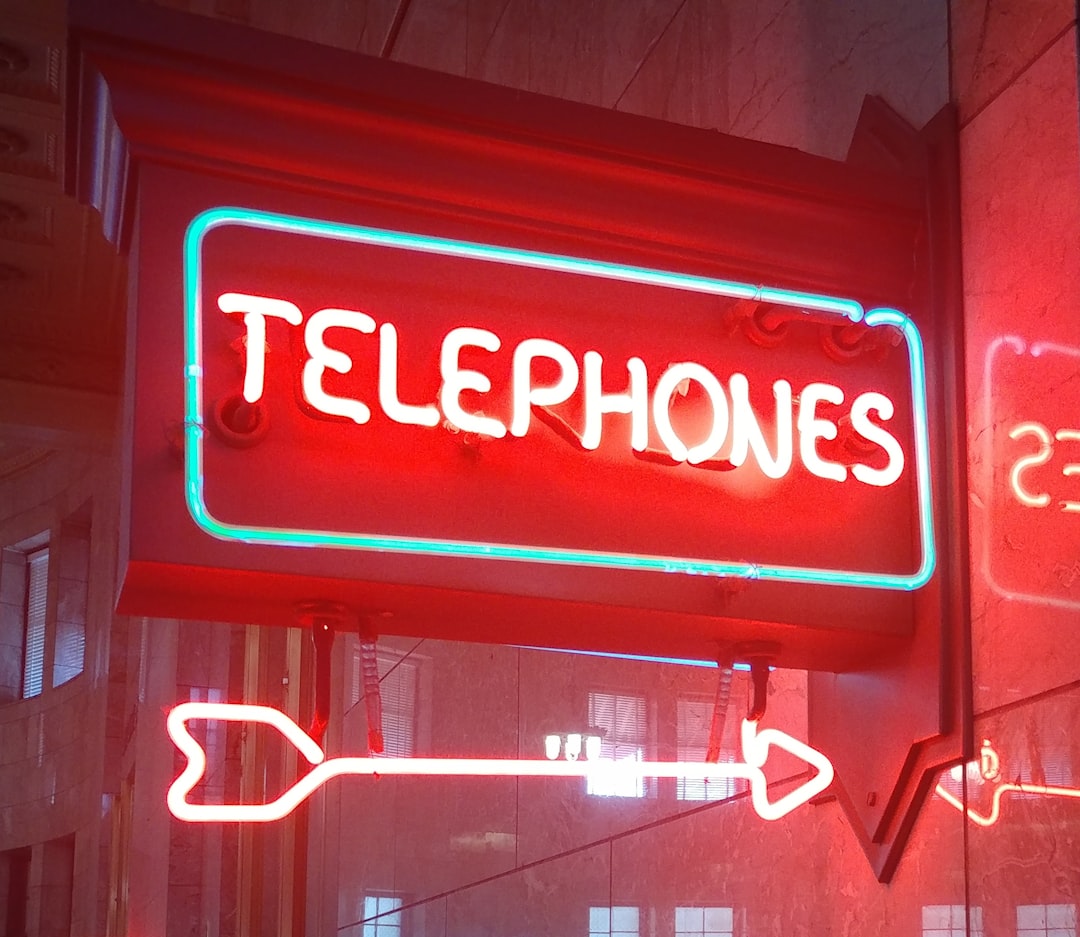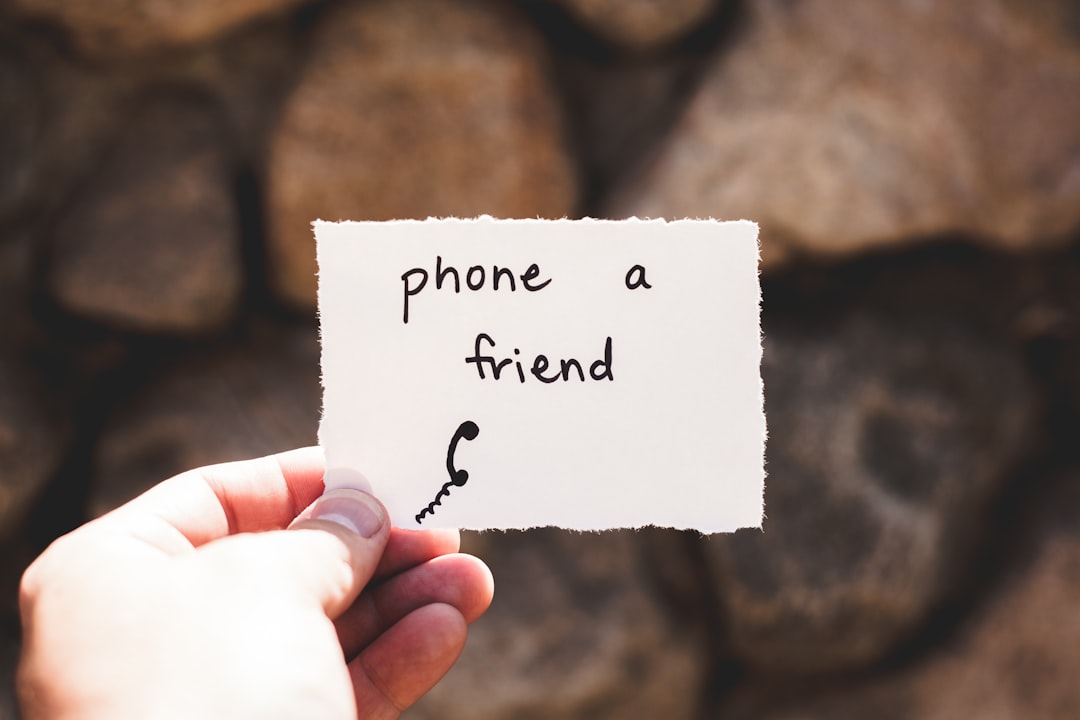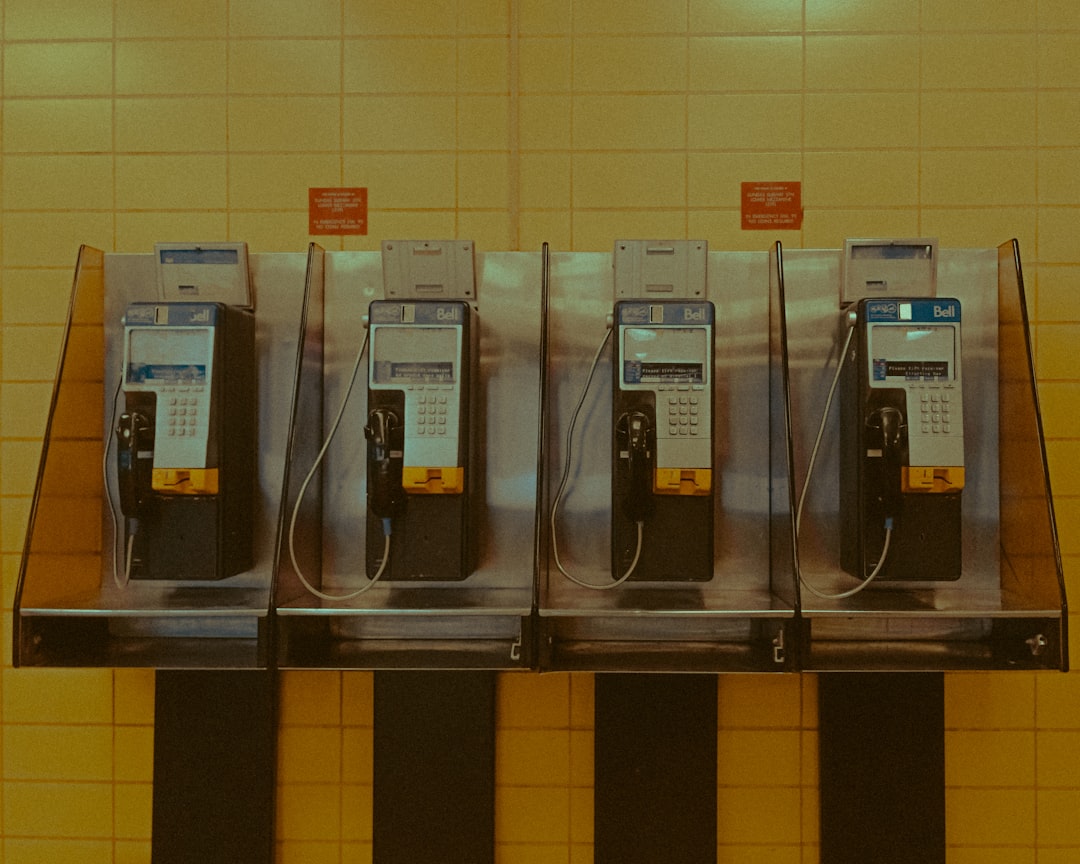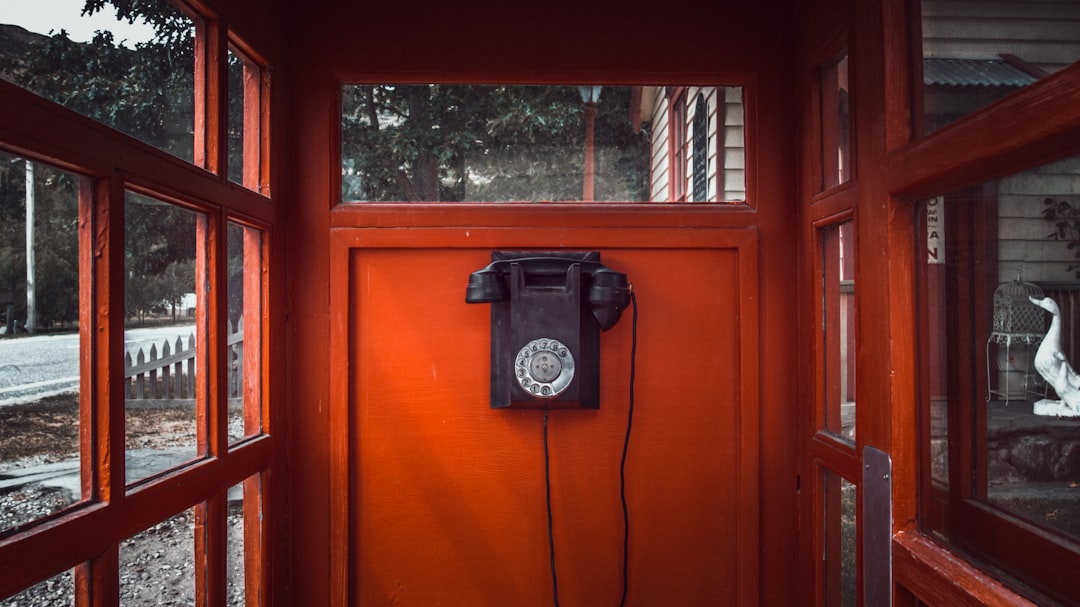Virginia residents facing robocalls and spam texts can turn to specialized lawyers who navigate strict laws and protect rights. Choose attorneys with telecommunications or consumer protection expertise, review their track record, and consider their approach—negotiation or litigation. Tools like blocking apps and Do Not Call registrations aid in prevention. For persistent issues or legal guidance, consult a robocall lawyer in Virginia to address violations, seek compensation, and ensure privacy protection under relevant laws.
Tired of relentless robocalls clogging your Virginia phone lines? You’re not alone. With evolving spam call laws in VA, understanding your rights and choosing the right robocall lawyer is crucial. This guide explores how to navigate robocall attorney options in Virginia, effective spam call prevention strategies, and delves into the robocall laws that protect you. Learn about robocall lawyers and do not call law firms dedicated to securing a quieter, more respectful communication landscape for Virginia residents.
Understanding Robocall Laws in Virginia

Virginia has implemented specific laws to combat robocalls and spam calls, offering protection to its phone users from unsolicited and disruptive communications. The state’s regulations are designed to ensure that residents can enjoy a peaceful and private telephone experience without being bombarded by unwanted marketing calls or text messages.
Robocall lawyers in Virginia specialize in navigating these laws and protecting consumers’ rights. If you’ve received excessive robocalls or spam texts, consulting with a robocall attorney in Virginia could be beneficial. They can guide individuals on how to file complaints, seek legal remedies, and understand their rights under the Do Not Call laws and other relevant regulations, ensuring that unwanted communication stops and providing peace of mind for Virginia’s phone users.
How to Choose a Robocall Lawyer in VA
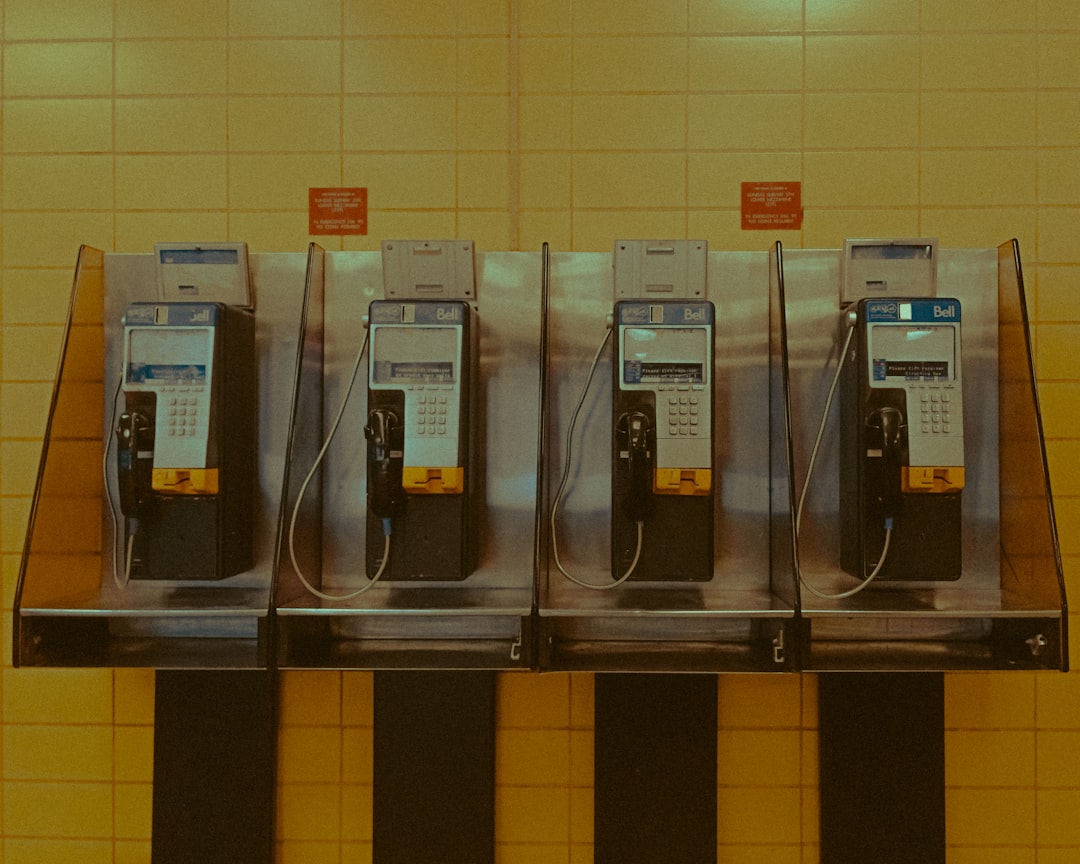
Choosing a robocall lawyer in Virginia involves a few key considerations. Firstly, ensure the attorney specialises in telecommunications law or consumer protection, as this is a niche area. Secondly, check their track record and client testimonials to verify they have experience with successful robocall cases. Many reputable firms offer free consultations, allowing you to discuss your situation without any financial commitment.
When selecting a robocall lawyer in Virginia, consider their approach to handling such cases. Do they focus on negotiations or litigation? Some law firms may aim to resolve issues amicably through direct communication with the culprits, while others are prepared to take robust legal action under Virginia’s strict spam call laws and do not call regulations to protect your rights and seek compensation for any harm caused by unwanted robocalls or texts.
Effective Spam Call Prevention Strategies
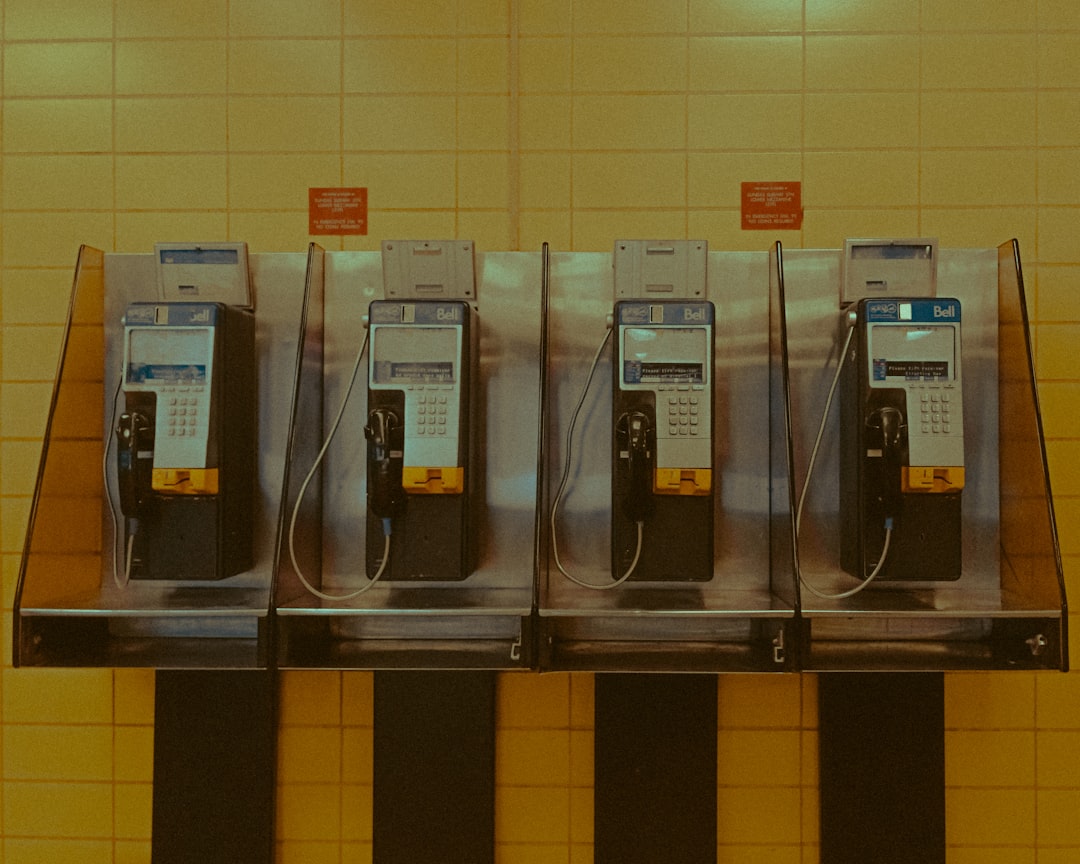
In today’s digital era, robocalls and spam texts have become a persistent nuisance, with many Virginia phone users facing an overwhelming number of unsolicited calls and messages. Thankfully, effective spam call prevention strategies are available to protect individuals from this modern-day irritant. One powerful tool is the use of specialized robocall blocking tools that can identify and block these unwanted communication attempts. These tools often utilize advanced algorithms and machine learning to detect patterns and filter out automated calls, ensuring a quieter and more peaceful experience for Virginia residents.
Virginia’s Do Not Call laws play a crucial role in combating robocalls and spam texts. Phone users can register their numbers with the state’s Do Not Call registry, which helps prevent automated calls from marketing firms. Additionally, hiring a robocall lawyer or attorney specialized in telecommunications law in Virginia can offer expert guidance on navigating these issues. Such legal professionals can help individuals understand their rights under existing robocall laws and take appropriate action against persistent spam call perpetrators, including seeking compensation for violations of privacy and consumer protection laws.
